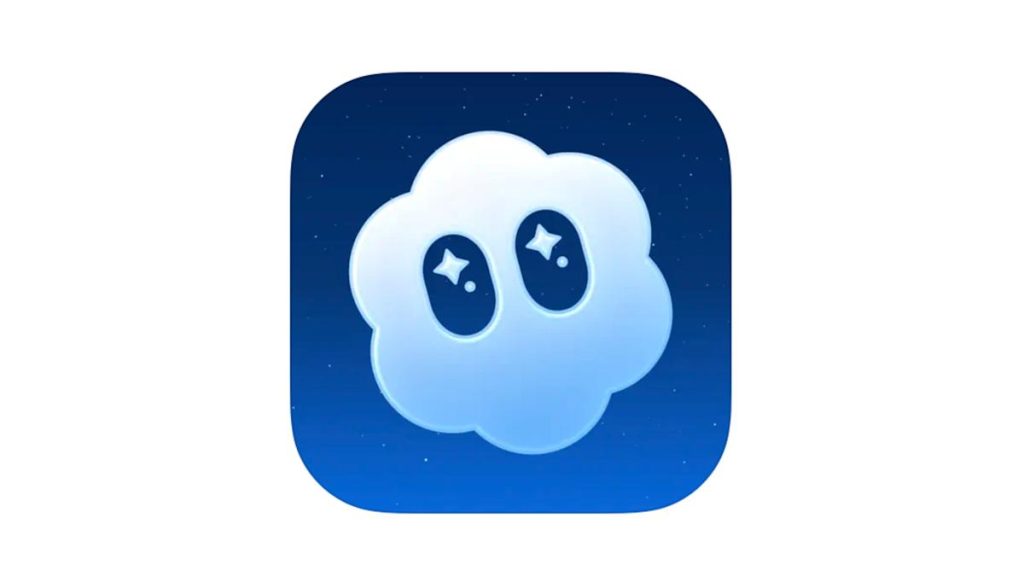Sora, OpenAI’s app and social network for AI-generated videos, has been downloaded over one million times, according to Sora head Bill Peebles. The app reached one million downloads in less than five days, Peebles says, “even faster than ChatGPT did.” That’s despite OpenAI only making the app available in North America, and its decision to require users to have an invite to actually use it.
Like TikTok, Sora offers an endless vertical feed of videos, only Sora’s videos are AI-generated rather than uploaded by users. Creating a 10-second video of your own is as simple as writing a prompt to OpenAI’s Sora 2 model in the app. And through the Sora’s Cameo feature, you can even create videos of yourself and anyone else who’s agreed to share their likeness to the service.
The limited guardrails OpenAI has put on Sora has already led to a rash of videos featuring OpenAI’s Sam Altman and content that clearly infringes on copyright. The fact that Sora can so readily create videos of recognizable characters like Pikachu raises questions about what OpenAI’s model was trained on, and has unsurprisingly prompted pushback from the larger entertainment industry.
In response, the company has updated Sora to give users more control over what videos their likeness can appear in. OpenAI plans to offer similar controls to rights holders, giving them “the ability to specify how their characters can be used (including not at all),” according to Altman. It’s not clear why these controls weren’t available when Sora launched, but both seem like good changes.
Because of Sora’s invite system, it’s difficult to say if the over one million downloads the app has received translates to as many users. It’s not unusual for someone to download an app and never use it. Whatever the case, OpenAI’s bet on AI-generated videos seems like it might be a winning one, provided the company finds a way to actually make more money than it looses generating videos for Sora.

